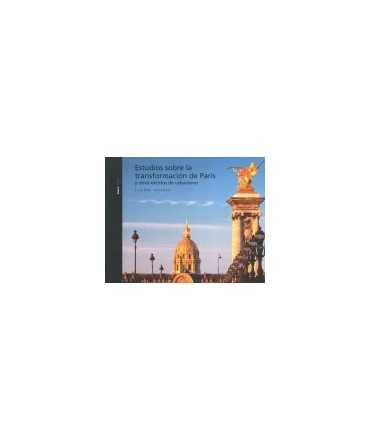Product successfully added to your shopping cart
Quantity
Total
There are 0 items in your cart. There is 1 item in your cart.
Total products
Total shipping To be determined
Total
Continue shopping Proceed to checkout
- Menu
- Offers
- Shops
- Stationery
- Bookshop
- Spaces
- Gourmet
- Urban
- Games
- Singular
- Technology solutions
- Events
Product successfully added to your shopping cart
Quantity
Total
There are 0 items in your cart. There is 1 item in your cart.
Total products
Total shipping To be determined
Total
Continue shopping Proceed to checkout
- Menu
- Offers
- Shops
- Stationery
- Bookshop
- Spaces
- Gourmet
- Urban
- Games
- Singular
- Technology solutions
- Events
Studies on the transformation of PAR is
The need felt by EUGène Hénard (1849-1923) to influence the city of his time would lead him to be present in the civic discussion with his writings and proposals drawn on the transformation of PARís. And he did so with such propriety that he would achieve an important international influence and contribute to establishing the then nascent modern urbanism. As Jean-Louis Cohen explains in the preface to this edition, it is necessary to separate the interpretation of Hénard's works from those teleological readings that reduce them to a kind cie of corpus of principles necessarily leading to urban functionalism or rigidly oriented towards the definition of the city of the future.
0000068383
| Editorial | varis |
Enviament en 24-48 hores, dies laborables
Devolucions en 30 dies
Tens dubtes? Tlf. 93 224 39 32


